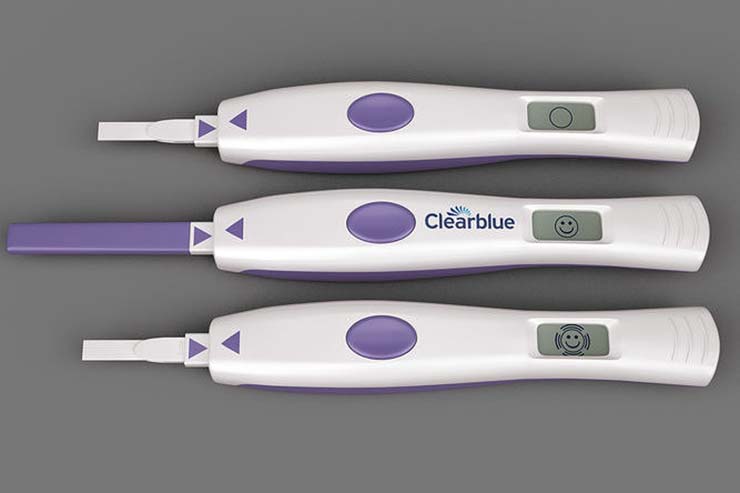Though the length and regularity of a menstrual cycle may differ, the average duration of a complete menstrual cycle is 28 days (though healthy cycles can run from 21-36 days).
Ovulation should occur about 10 to 15 days into the cycle. Anything more than 15 or 16 days is considered a late ovulation. You can still get pregnant if you have late ovulation, although it can be more difficult.
A late ovulation means that the current uterine lining starts to be a bit too old, which means it would be harder for a fertilized egg to attach, although it doesn’t harm the baby if you do get pregnant after all.
It also means that the eggs that do travel to the uterus are not as fertile as they should be.
Now, it only means that your chances of having a long lasting pregnancy are lower than normal.
You also probably have a short luteal phase, which can definitely affect your fertility. The egg needs between 12-14 days on average to implant itself.
There are 2 supplements that you should try taking in order to make the luteal phase longer and regulate your cycle and ovulation day:
Vitamin B6 is perfectly safe and can be taken daily in dosages from 50 mg to 200 mg. Taking vitamin B6 every day during the entire month will help to lengthen the luteal phase.
A progesterone cream can be very useful in lengthening the luteal phase but please speak with your doctor before applying it because it can have an effect on your hormones.
Need guidance on how to improve your fertility? Check out my Pregnancy Miracle program





No Comments